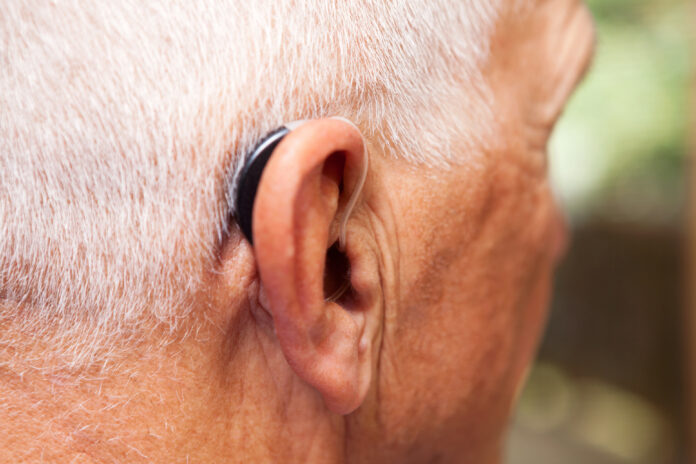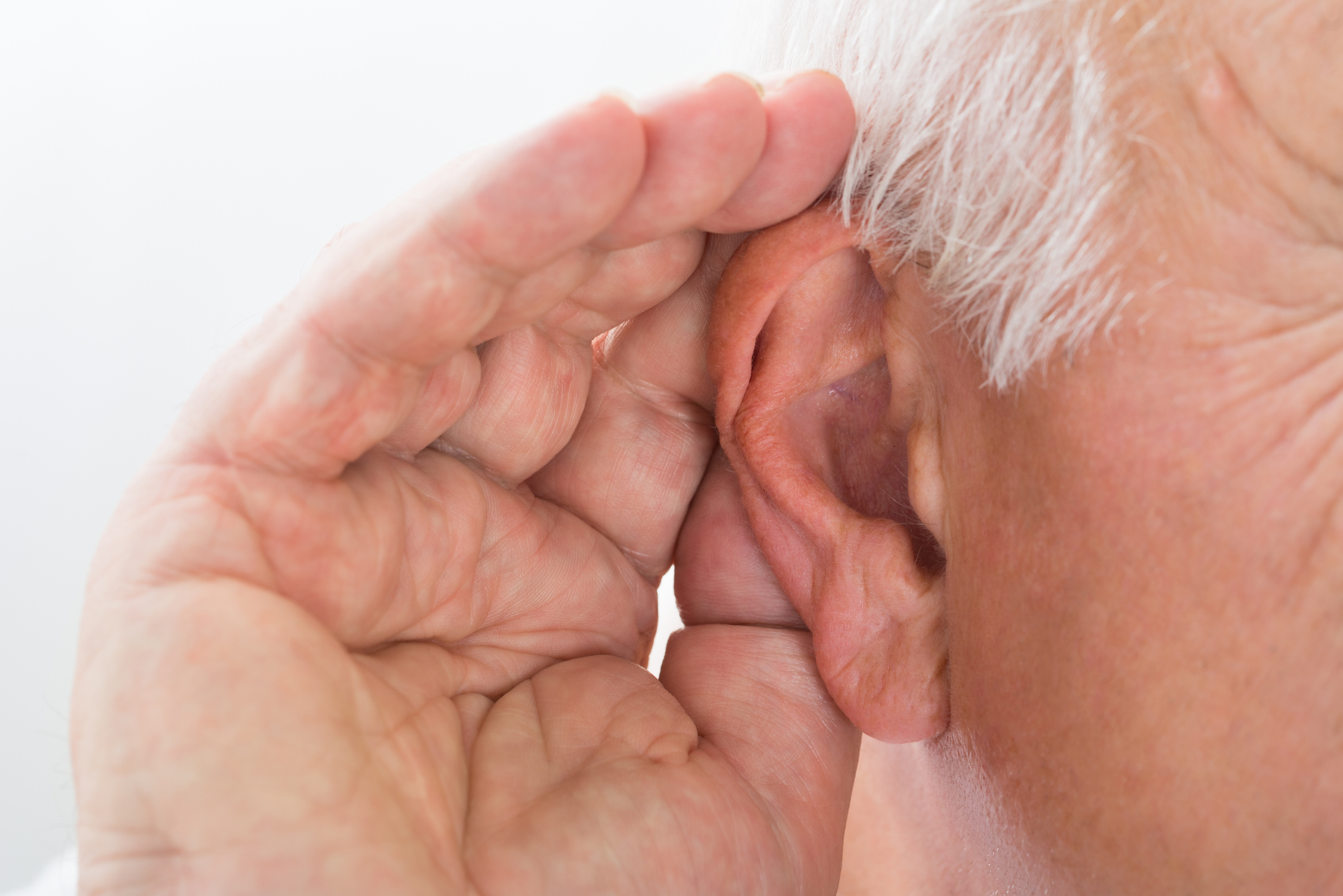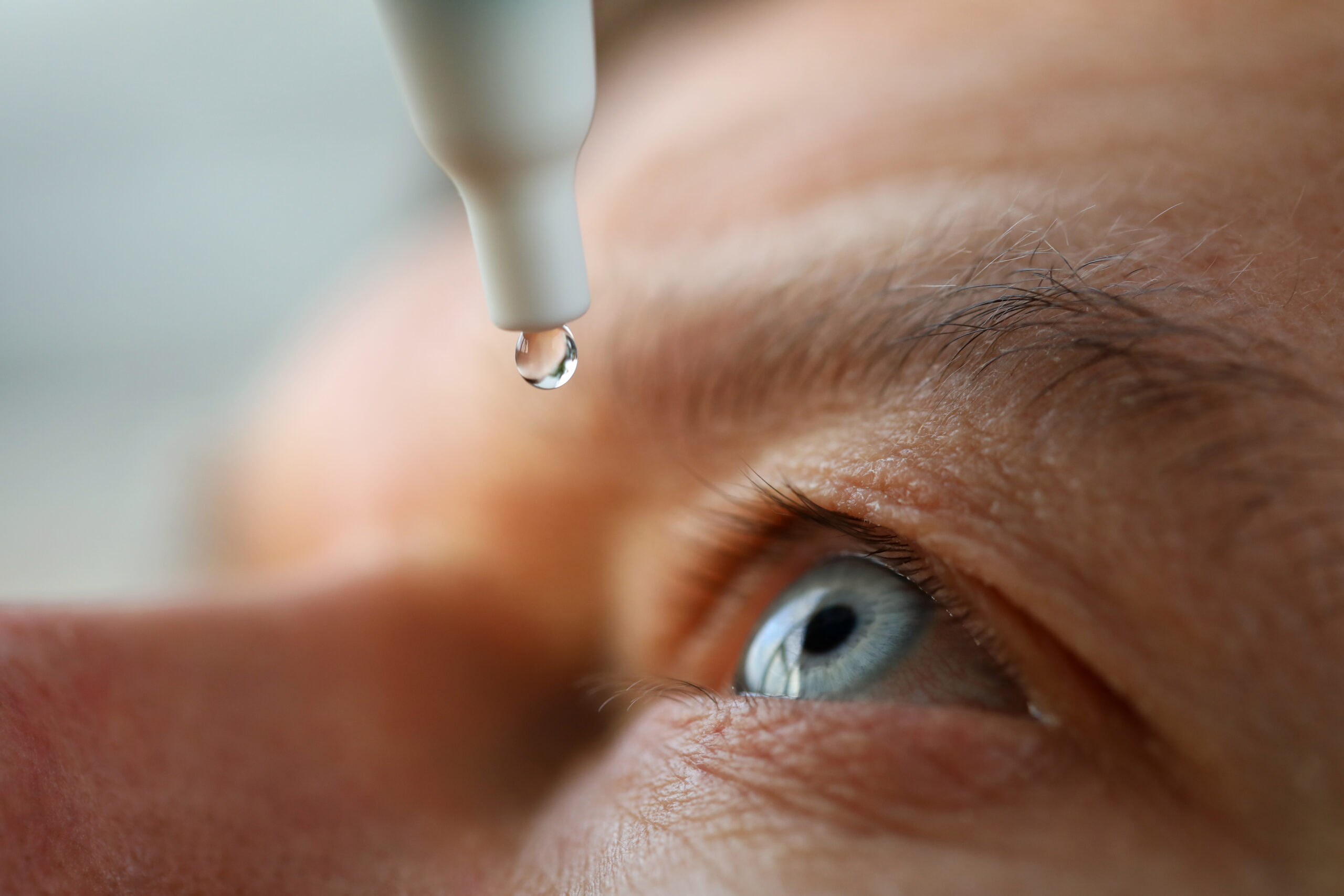Hearing aids will now be available over the counter (OTC), thanks to a long-awaited ruling by the FDA. The new ruling, which had bipartisan support and goes into effect in mid-October, will allow millions of Americans with mild to moderate hearing loss to buy the devices at retail stores (such as Best Buy and Walgreens) and online at more-affordable prices. Importantly, they will be available without a medical exam, prescription, or need to visit an audiologist for a fitting, all of which add to the cost.
According to an FDA press release, this “historic” rule furthers “the Biden-Harris Administration’s goal of expanding access to high-quality health care and lowering health care costs for the American public.”
Hearing loss can lead to social isolation, loneliness, and depression, and it may accelerate cognitive decline. On the flip side, there’s now some evidence that wearing a hearing aid can slow cognitive decline in people with hearing loss.
It’s estimated that nearly 30 million Americans could benefit from hearing aids, but most don’t have them due to various obstacles, including the general high cost of prescription devices (about $1,400 or more per ear, not covered by basic Medicare) and limited access. The FDA’s ruling will encourage greater competitiveness in the marketplace, which should lower cost, and is expected to drive new innovations in hearing-aid technology. It’s also designed to ensure that these hearing aids are effective—and safe. For example, they can’t exceed a maximum sound output, must have adjustable volume control, and can only go a specified depth into the ear canal.
The new OTC category includes only certain air-conduction hearing aids (those worn inside or behind the ear—in contrast, for example, to bone-conduction hearing aids, which require an implant and rely on vibration in the skull). Hearing aids for severe hearing loss and for people under 18 do not meet eligibility for OTC status and cannot be sold directly to consumers.
Note also that hearing aids, which are considered medical devices, are not the same as personal sound amplification products, which have long been sold OTC and simply amplify sound for people with normal hearing (used for bird watching, for example); they are not alternatives to hearing aids.
According to President Biden, Americans will be able to save about $2,800 on a pair of hearing aids by going OTC. That’s quite a lot, but you might still have several hundred dollars in out-of-pocket costs. And though seeing an audiologist is not required for buying OTC hearing aids, as is the case for prescription ones, such visits will still be valuable for fine-tuning them and for professional guidance on how to get the most out of them—which will mean more out-of-pocket expenses.





